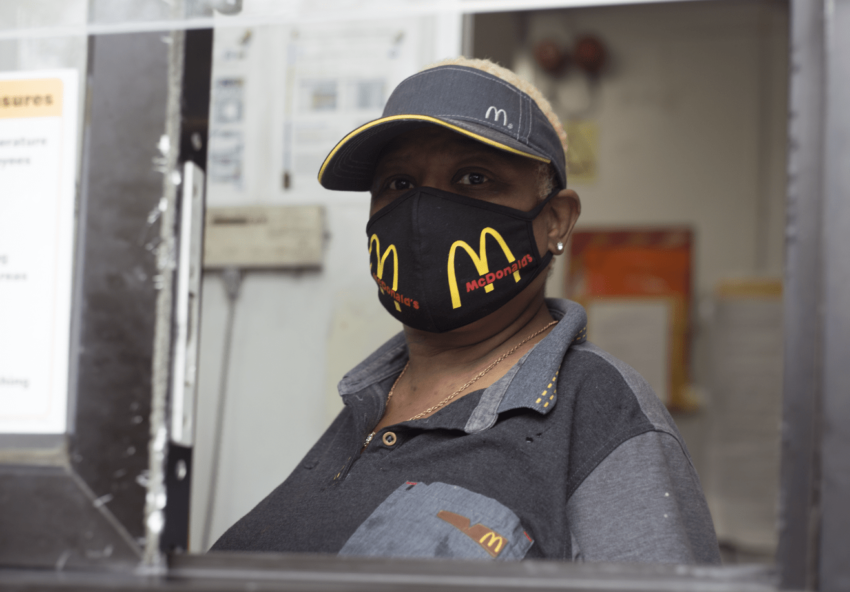RESTAURANT DIVE – Franchisees of McDonald’s, Kentucky Fried Chicken, Burger King and Wendy’s face a class action lawsuit challenging an Alabama prison labor system as a form of coerced labor and convict leasing, according to court documents filed this week.
According to the suit, filed by incarcerated workers and joined by several labor unions, the state of Alabama received “a labor-trafficking fee equivalent to 40% of the gross earnings paid by the private employers for the forced labor,” creating a fiscal incentive for the state to maximize the number of workers subject to forced labor.
The suit also alleges that Alabama Department of Corrections rules on labor stoppages gave employers the ability to subject incarcerated workers to conditions “unlikely to be tolerated by free workers without resistance,” including long shifts in dangerous conditions, managerial harassment and low pay.
The plaintiffs allege that ADOC and state officials, including Gov. Kay Ivey and Attorney General Steve Marshall, created a system that uses multiple forms of coercion to force prisoners to work for low pay.
ADOC “enforces express rules that severely punish incarcerated people both for refusing to work and for encouraging work stoppages, including by imposing physical restraint, extending the duration of confinement, and requiring additional forced labor from those who reject work assignments,” the suit claims.
“The suit alleges that Black workers were especially harmed by the prison work system, and said it was underpinned by a ‘racist conspiracy,’ by state officials to disproportionately incarcerate Black people.”
…article continued below
– Advertisement –
Lakiera Walker, who worked at a variety of businesses, including a Burger King, said in a video sent to Restaurant Dive that the rules enforced by the DOC left people with no option but to work.
“We worked for years; forced labor actually. But you did it anyway because you didn’t want to risk not seeing your family, not having any visitation, phone calls,” Walker said. “You did what you had to do to survive. And I did that for 15 years.”
Workers who engaged in strike actions or other forms of labor protest within the Department of Corrections itself, or at employers using incarcerated labor, faced retaliation, including solitary confinement, which United Nations experts describe as a form of torture …
